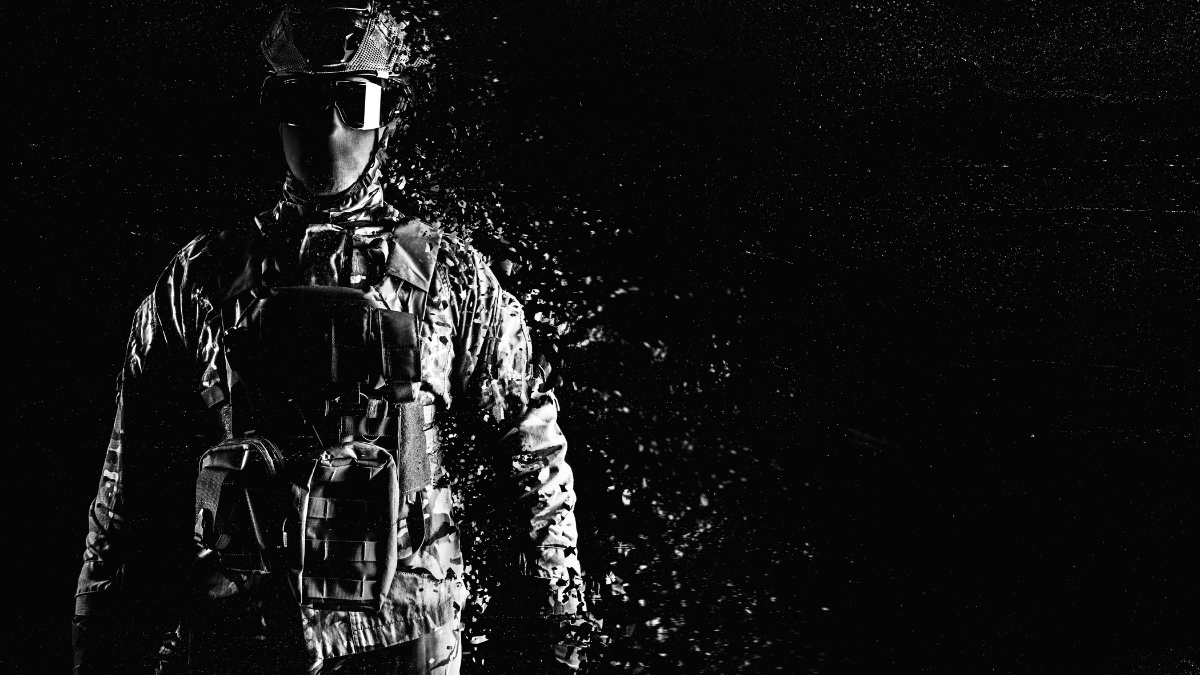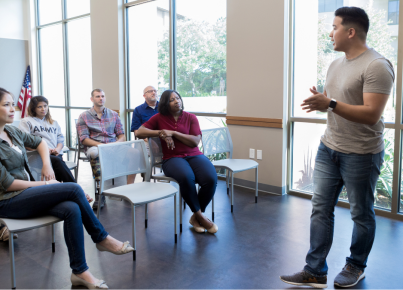The implications of military trauma on veterans’ daily lives have far-reaching consequences. Post-traumatic stress disorder is the most prevalent type of mental disease that develops as a result of a traumatic event or experience, which combat has in spades. The most common forms of PTSD treatment are psychotherapy, medication, or a combination of the two. Nonetheless, using the power of virtual reality, the Department of Veterans Affairs has acceded to pilot exciting pursuit avenues, complementarily to psychotherapy, for combat veterans with this disorder, and World Veterans is keeping a close eye on Veteran PTSD.
Understanding Veteran PTSD
Veteran’s PTSD is a complicated and multidimensional problem. It may intensify individuals’ feelings, thoughts, or other experiences that are so difficult that staying in the present is too much for them. Veterans may frequently find themselves replaying the terrible occurrence through the sense of flashbacks or having bad dreams. As a result, they become preoccupied with the traumatic event and suffer extreme emotional suffering and sleeplessness. This causes extreme psychological distress and the sensation that one must always be on alert, making it difficult or impossible to function in everyday life. As a result, conventional therapy is effective in some cases. The rest isn’t possible; here’s a treatment that works.
The Role of Virtual Reality in Treating Veteran PTSD
Virtual Reality is the term used to describe a form of technology that places the user in a computer-generated environment that reflects real life. In the VA mental health treatment context, VR is utilized as a tool to be exposed to therapy. Exposure therapy is defined as a treatment in which PTSD sufferers are gradually and repeatedly exposed to trauma-related cues and situations in a safe environment. It encouraged PTSD sufferers in the treatment to expose themselves to the trauma they had survived.
The Science Behind VR Therapy
As noted by the VA Research on PTSD, for the purposes of therapy, VR is used to lead veterans through virtual scenarios that resemble their traumatic experiences while on duty. Though it is a controlled environment, it allows them to work through the issue in a monitored environment. Exposure therapy, which is a part of a VR session, is actually based on the principles of cognitive-behavioral therapy, and it is highly effective in treating PTSD. The ultimate purpose of VR-based exposure therapy is to “dissolve” the power of memory over an individual by relieving connective anxiety via “exposure”.
Success of VR in PTSD Treatment
Indeed, studies have proven VR to be a powerful tool for testing PTSD in veterans. For instance, a peer-reviewed journal on the claim found out that using Scenario-based VR exposure therapy for combat-deployed veterans of Afghanistan helped reduce PTSD symptoms and was acceptable to patients. Journal of Anxiety Disorders, Volume 59. The other study by the University of Southern California’s Institute for Creative Technologies reveals that, of the patients treated, the issuance of VR-structured scenarios on their traumatic experience helped 70% of the patients to record a drop in signs.
The Way Forward
While traditional mental health therapies remain a critical and necessary effort in the fight against PTSD, the success of VR exposure therapy is a hopeful strategic signal for how the VA may approach the complex cases of VA military trauma in the future. Through continued research and exploration into the potential of VR, innovations in this space will likely emerge and become most likely to prove widely accepted and adopted new treatments.
This method can offer victims a new and diverse option for treating their condition. Therefore, world veterans should be watchful of developments that are dubbed the most promising alternatives.
Follow our Blogs.
Reference
USC Institute for Creative Technologies
https://ict.usc.edu/research/projects/bravemind-virtual-reality-exposure-therapy/







You must be logged in to post a comment.